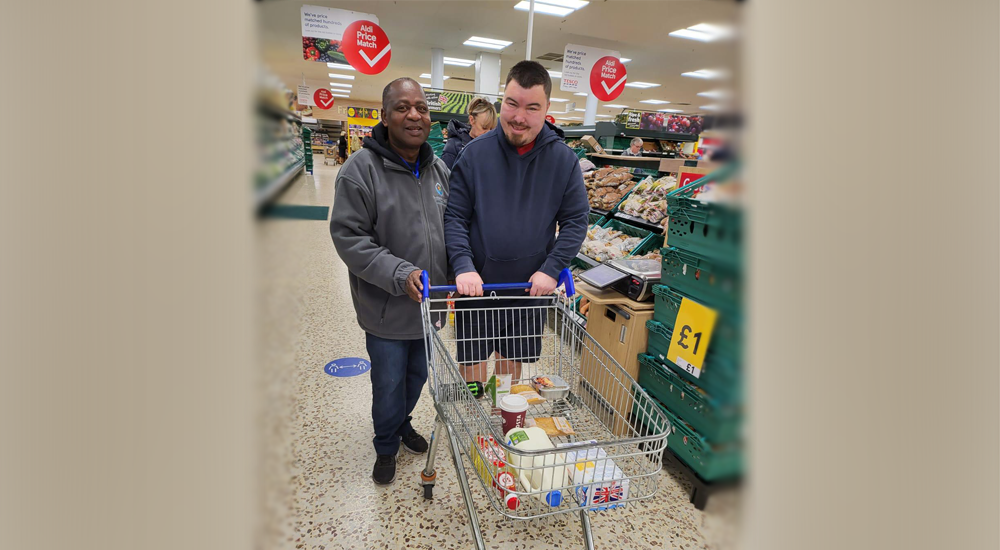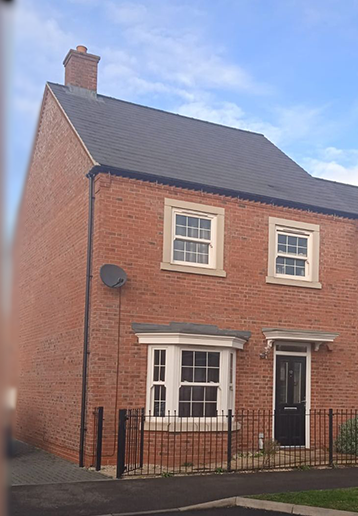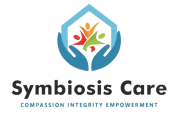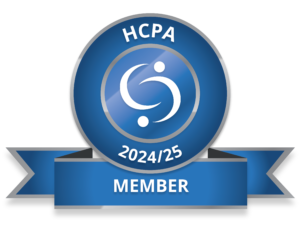Services
Our Core Services

Bespoke Packages
Tailored, supported, living packages for service users with highly complex needs, including source appropriate placements, adapting environments based on sensory and risk-related needs, and training staff specifically around service users’ needs.

Enhanced Supported Living
These are single or double occupancy placements with a higher staff-to-service user ratio to support their needs.

Supported Living
These are single occupancy or multiple occupancy placements with floating or core support for Service Users who require lesser help.
Our Resident Profile
- People aged 18+
- Diagnosis of Learning Disability, Autistic Spectrum Disorder, Personality Disorder, Complex Mental Health needs, and Acquired Brain Injury.
- Service Users with a forensic history.
- Those under DOLS or Court of Protection orders.
- We support individuals on the following sections: Section 17 (Planned authorised leave), 117 (Aftercare arrangement), Community Treatment Order (CTO) and Section 41 Conditional Discharge.





Our Support
We provide a comprehensive, individually tailored care and support plan to be delivered by the team in an integrated, systematic and consistent manner.
- 24-hour specialist supported accommodation.
- Goal specific personalised support plans.
- Vocational Rehabilitation Occupation Therapy.
- Dedicated psychology team offering psychology informed 1:1 and group sessions such as mindfulness and distress tolerance.
- Dedicated activities and coordinator facilitating structured activities as well as routine.
- Individualised risk assessment and management plan.
- Positive Behaviour Support Plans to support clients with challenging behaviours.
- Staff specially trained around a service user’s needs and risk, in keeping with the Risk Reduction Network Guidelines.
- We work closely with the community mental health team, forensic outreach teams, local authorities and various community based vocational centres, such as BOLD and MENCAP.
- Support with managing finances that includes benefits and budgeting.
- Support in managing general physical wellbeing and any chronic or acute conditions by liaising with various professionals, including GP and emergency services.



ABI Pathway
Acquired Brain Injury
We provide comprehensive care, support and rehabilitation services for people with acquired or traumatic brain injury, stroke and other neurodegenerative conditions such as Huntington’s disease, Parkinson’s disease, early-onset dementia and Pick’s disease.
We offer long-term care and rehabilitation in a comfortable and supportive environment, working closely with the individual, their family and their support networks to create a personalised care programme. Focusing on behaviour, cognition and mobility, we offer assessments based on its key areas such as everyday life skills, cognitive skills and involvement in the local community.
We support and encourage people to reacquire practical skills such as cleaning, washing and cooking. We tailor support to individuals’ needs and motivate people to maintain or increase their independence through therapeutic, leisure and social activities.
How we work
We understand that every individual is different therefore, our support will be designed with service users to reflect their wishes, aspirations and needs. From our first meeting, we hope to work with service users, their family and friends and the inpatient and community team to design support plans which will enable service users to progress towards their goals by delivering practical and holistic support.



Our Accommodation
Each person gets an Assured Short-hold Tenancy which will provide information about the responsibilities you hold as a tenant and the responsibilities the housing provider has to you. Within the tenancy, the house costings will be mentioned in detail to support the tenants, who are eligible to apply for housing benefits to cover this cost.
Our accommodation is designed to provide a homely feeling yet supported by highly trained and experienced staff that, if needed, are available round the clock.



Make a Referral
To make a referral or find out more about this service, please do not hesitate to contact our team. The referral process begins with filling out a one-page referral form and plans for our first meeting. At this time, we can answer your questions to find out about what type of support you are looking for and how we can help you.
We will then provide you with a bespoke Recovery Proposal detailing how your support can look. Then, this plan will be reviewed regularly to ensure it reflects your wants and needs.



